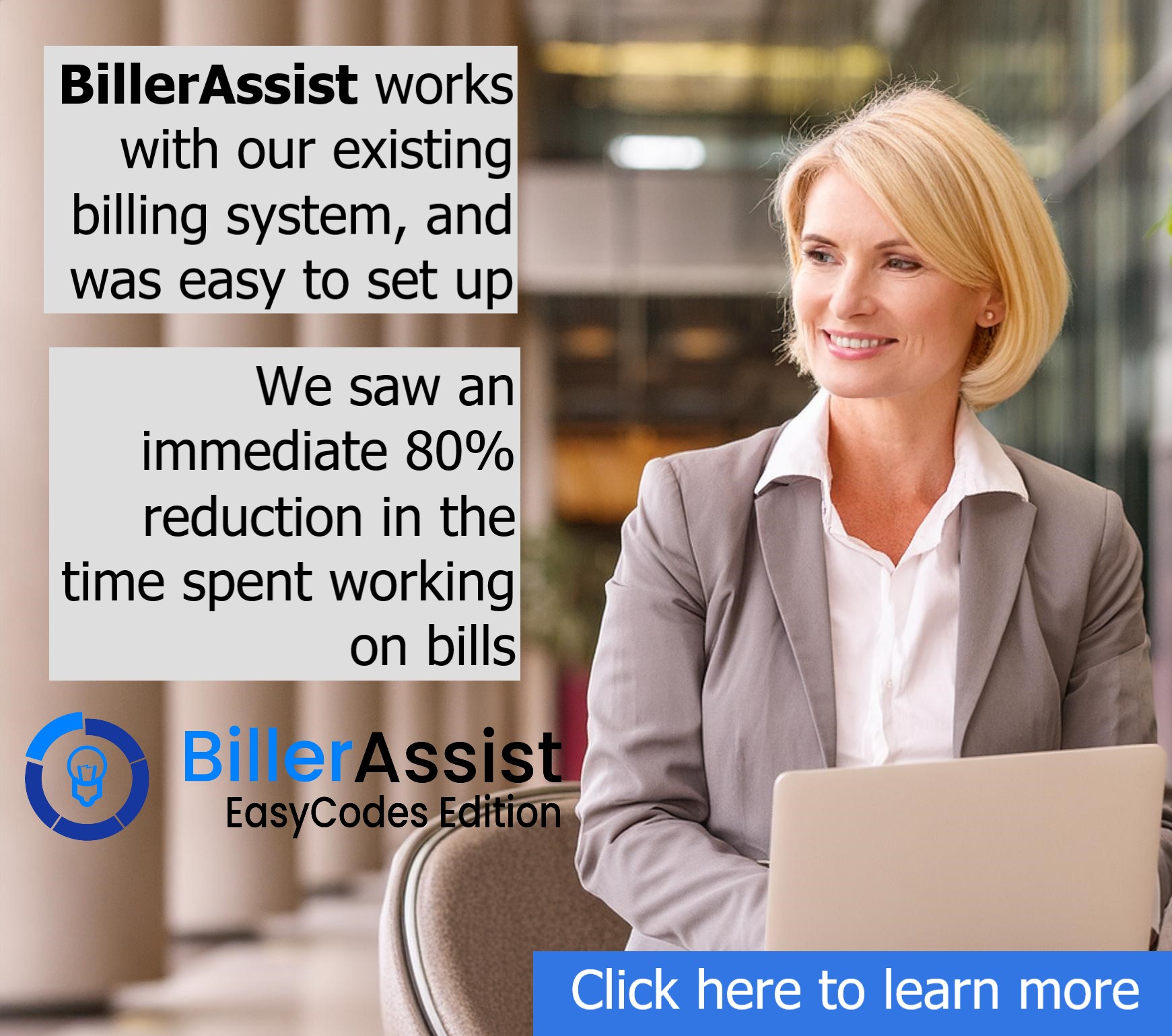Optimize Law Firm Revenue with AI-Assisted Billing
Innovative solutions for smarter billing have arrived to drive revenue increases for your law firm.
Lawyers are all too familiar with the rush to get bills out every month.
According to The Un-Billable Hour, a law practice and advisory podcast finds attorneys are losing money with problems due to non-billable tasks like, “disorganization, slow response to clients, late billing invoices and not tracking time,” which results to low productivity and low revenue.
Attorneys also lose money with non-billable tasks such as legal pre-bill review and processing.
Many billing and time tracking applications ease the burden of time entry and bills submission, and it is often worth every minute of a lawyer’s time to find the best solution.
However, the time-consuming process of reviewing bills for submission is often not addressed, even though it is a significant bottleneck in the bills submission process.
Automate UTBMS/LEDES Coding
Lawyers whose clients require UTBMS or LEDES coded bills are familiar with the issues, but for those who are unfamiliar, the Legal Electronic Data Exchange Standard Oversight Committee (LOC), established uniform billing codes to categorize legal work and expenses (UTMBS codes) and standardized formats for UTBMS-coded invoices (LEDES formats) some 20 years ago.
Since their creation, these uniform codes and formats provided the transparency needed for clients to better comprehend their legal bills.
However, UTBMS/LEDES codes have also burdened law firms with tedious code selection tasks, difficulties with inaccurate or incorrect coding, and loss of valuable billable time. In addition to slowing down bills creation, incorrect UTBMS/LEDES codes can also slow down bills submission, as some client systems reject bills with inaccurate codes.
Many billing and practice management systems have significantly eased the burden of dealing with UTBMS codes and LEDES formats.
However, completely automating this process would improve accuracy and standardization, while eliminating the time-consuming hassle altogether.
Prioritize “Days Sales Outstanding” (DSO)
It is axiomatic that the faster a law firm can generate accurate and compliant bills, the faster the bills can be submitted for payment.
Then, at least theoretically, submitting bills to clients faster should mean faster payments and improved cash flow.
To this end, The Un-Billable Hour recommends optimizing law firm revenue by asking how many days it takes produce a bill along with the number of days it takes to get paid — which can all be done by determining your firm’s DSO, a metric often used in the product merchandising industry.
Days Sales Outstanding (DSO) measures the average number of days it takes a company takes to collect payments after sales are made. The lower the DSO, the faster your company profits from its sales, which in turn will ultimately indicate how long your firm’s profits will remain within current cash flow.
Calculate your law firm’s DSO using the following formula:
(Accounts Receivable / Total Revenue) x Number of Days
As the formula indicates, lower DSO values are good, higher DSO values are bad. The challenges of billing entry and billing review, both of which are required to submit bills for payment, increase a law firm’s DSO.
But thankfully there are solutions to consider to decrease your DSO and optimize revenues.
Increase Revenue, Decrease DSO
The ability to optimize revenues by getting bills out faster already exists at EffortlessLegal!
In particular, EffortlessLegal’s BillerAssist EasyCodes Edition application, a ABA TechShow Star Alley Finalist, provides the latest in artificial intelligence and machine learning to address exactly this issue.
The BillerAssist EasyCodes Edition application:
- Reduces time spent reviewing bills by automatically flagging entries that are not likely to be paid
- Automatically applies UTBMS/ LEDES codes
- Automatically connects to an existing billing system
- Ensures compliance with client billing rules before bills get rejected
These features optimize revenue by improving your firm’s legal billing process to reduce non-billable tasks and bottlenecks.
Get your bills out faster, with few errors and rejections, and get paid more!



